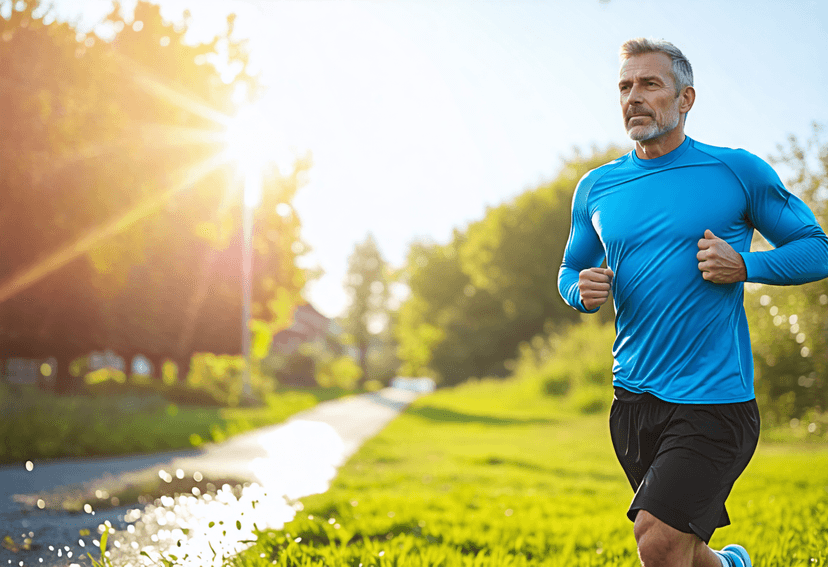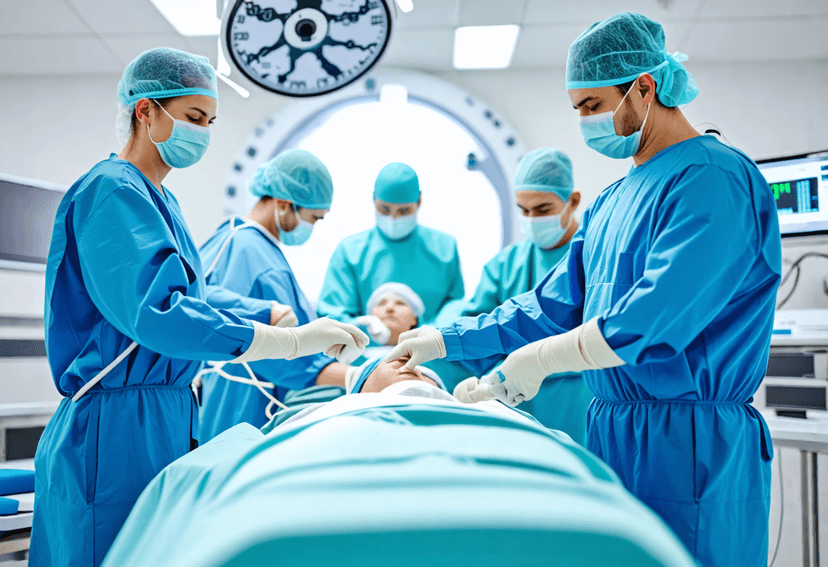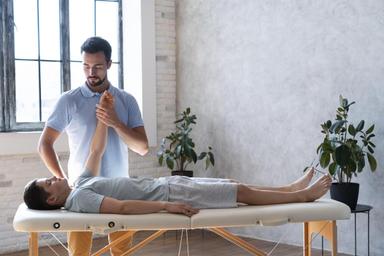
Lung Transplant and Exercise: Getting Back on Track
13 Oct, 2024
 Healthtrip
HealthtripWaking up in the hospital after a lung transplant can be a daunting experience, especially when you're faced with the reality of rebuilding your strength and endurance. As you begin your journey to recovery, it's natural to wonder when you'll be able to return to your normal activities, including exercise. The good news is that with a well-planned rehabilitation program, you can regain your physical fitness and enjoy a better quality of life.
Understanding the Importance of Exercise After a Lung Transplant
Exercise plays a crucial role in the recovery process after a lung transplant. Regular physical activity helps improve cardiovascular health, increases lung function, and enhances overall physical fitness. Moreover, exercise can reduce the risk of complications, such as respiratory infections and chronic rejection, which can be detrimental to your new lung(s). A well-structured exercise program can also boost your mental health, reducing anxiety and depression, and improving your overall sense of well-being.
Most popular procedures in India
Benefits of Exercise for Lung Transplant Patients
Exercise offers numerous benefits for lung transplant patients, including improved lung function, increased endurance, and enhanced cardiovascular health. Regular physical activity can also help you:
- Gain strength and muscle mass
- Improve balance and coordination
- Enhance cognitive function
- Reduce the risk of chronic diseases, such as diabetes and hypertension
- Improve sleep quality
Wellness Treatments
Give yourself the time to relax
Lowest Prices Guaranteed!

Lowest Prices Guaranteed!
Creating a Safe and Effective Exercise Plan
Before starting any exercise program, it's essential to consult with your healthcare team, including your doctor, nurse, and physical therapist. They will help you create a personalized exercise plan that takes into account your medical history, fitness level, and lung function. A well-structured exercise plan should include a combination of aerobic exercise, strength training, and flexibility exercises.
Aerobic Exercise for Lung Transplant Patients
Aerobic exercise, such as walking, cycling, or swimming, is an excellent way to improve cardiovascular health and increase endurance. When starting an aerobic exercise program, it's essential to begin slowly and gradually increase the intensity and duration over time. For example, you may start with short walks and gradually increase the distance and speed as your fitness level improves.
Strength Training for Lung Transplant Patients
Strength training is vital for building muscle mass and improving overall physical fitness. You can start with light weights and progress to more challenging exercises as your strength improves. It's essential to focus on exercises that target multiple muscle groups, such as squats, lunges, and leg press.
Flexibility Exercises for Lung Transplant Patients
Flexibility exercises, such as stretching and yoga, can help improve range of motion and reduce stiffness. It's essential to focus on exercises that target the major muscle groups, including the shoulders, chest, and hips.
Overcoming Challenges and Staying Motivated
Recovering from a lung transplant and starting an exercise program can be a challenging and daunting experience. It's common to encounter setbacks, such as fatigue, pain, and frustration. However, with the right mindset and support, you can overcome these challenges and stay motivated.
Tips for Staying Motivated
Here are some tips to help you stay motivated and committed to your exercise program:
- Set realistic goals and celebrate your achievements
- Find an exercise buddy or support group
- Vary your exercise routine to avoid boredom
- Track your progress and monitor your improvements
- Reward yourself for reaching milestones
Conclusion
Recovering from a lung transplant and starting an exercise program requires patience, dedication, and perseverance. With a well-structured exercise plan and the right support, you can regain your physical fitness and enjoy a better quality of life. Remember to stay motivated, celebrate your achievements, and focus on your progress, not perfection.
Related Blogs

The Role of Exercise in Kidney Health
Learn how exercise can improve kidney health

Fitness for Men's Vitality
Learn the best fitness tips for men's vitality and wellness

Exercise for Men's Vitality
Learn the best exercises for men's vitality and wellness

Spine Surgery and Exercise: A Winning Combination
Learn how exercise can aid in spine surgery recovery.

Glaucoma and Exercise: How Physical Activity Can Help
Discover how regular exercise can help reduce the risk of

Varicose Veins and Exercise: Is It Safe?
Discover whether exercise is safe for people with varicose veins










